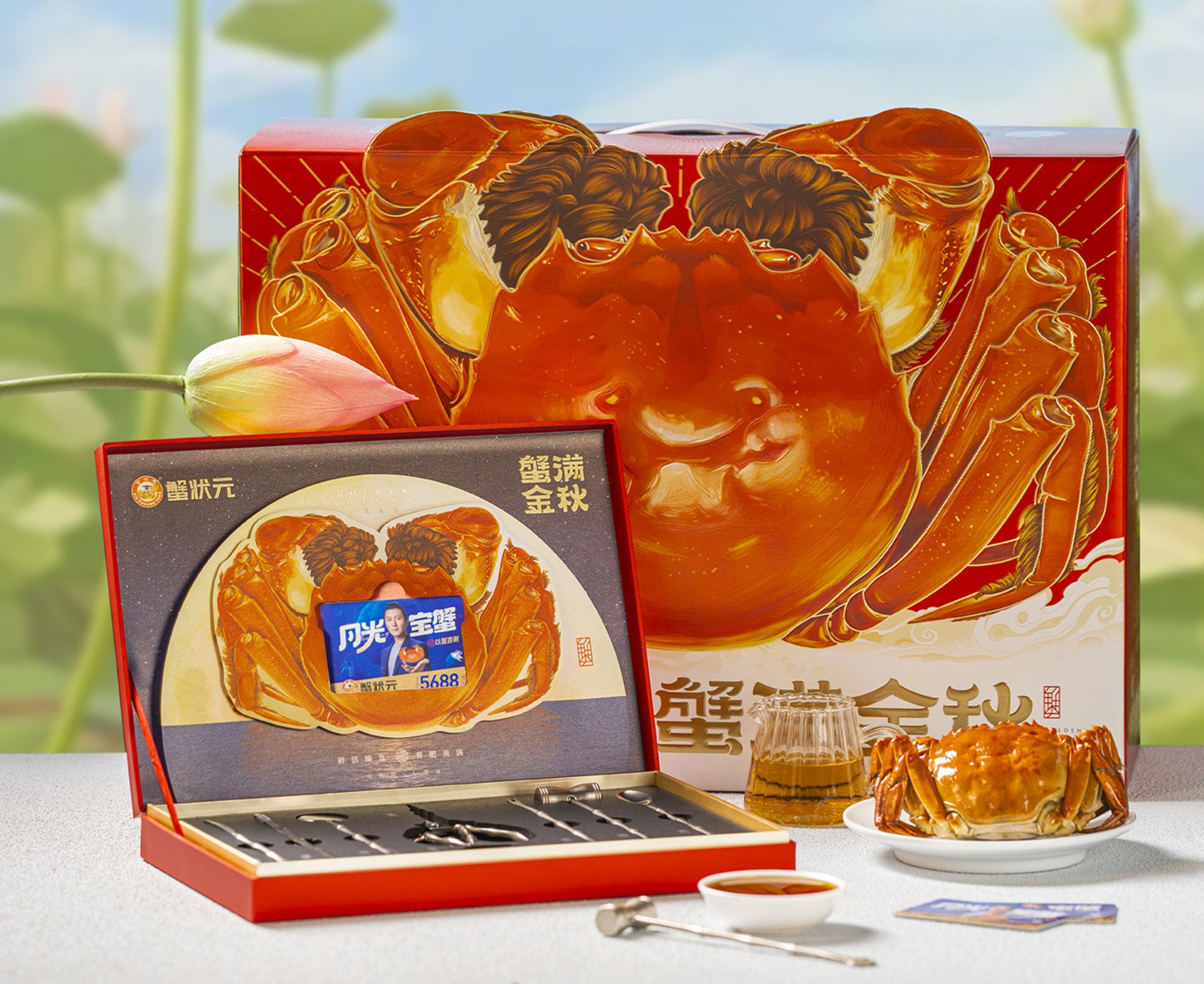Prices of one of the most popular gifts handed out during China’s ongoing “golden week” National Day holiday have fallen under continued weak consumer spending.
Hairy crabs are enjoyed for their exceptional flavour and quality, and have long been seen as an ideal gift for companies and wealthy individuals to present to important clients and officials.
But falling prices have raised concerns, since the seven-day holiday, which started on Tuesday, is often seen as an important time of the year to gauge China’s domestic demand, including retail and box office sales, tourism and catering.
Do you have questions about the biggest topics and trends from around the world? Get the answers with SCMP Knowledge, our new platform of curated content with explainers, FAQs, analyses and infographics brought to you by our award-winning team.
Hairy crabs, which are also known as mitten crabs, are palm-sized crustaceans named after their furry claws, which look like fuzzy mittens. Some of the most famous come from Yangcheng Lake in the eastern province of Jiangsu.
And although the supply of hairy crabs has dropped by about 10 per cent this year compared to a year earlier due to high temperatures and typhoons, dealers expect the retail price of the expensive Yangcheng Lake hairy crabs to remain the same or to even fall.
“We have had to reduce the price of gift certificates this year,” said Liang Qing, a hairy crab dealer focusing on the affluent Pearl River Delta market.
“Many customers told us that their business – either domestic or export – is bad and the budget for gift giving has been reduced by half or more.”
Liang added that although the prices shown on the gift certificates was the same as last year, the actual selling price had been discounted by at least 50 per cent.
On leading online-to-offline grocery platform Freshippo, the presale price of a gift certificate for eight fine hairy crabs from the Yangcheng Lake area had been discounted from 2,688 yuan (US$382) to 1,488 yuan
Across other e-commerce platforms, the price of hairy crabs from other regions had dropped to about 10 yuan (US$1.4) per crab.

And the declining prices have also pushed merchants to adjust their strategies to adapt to market demand.
Hairy crabs are being sold via various live commerce platforms, and prices are expected to fall further in late October due to increased supplies.
According to the government-back news website Cnnb, hairy crabs are being sold at wholesale markets for about 60 yuan to 100 yuan per kilogram in Zhejiang, down by about 20 per cent from mid-September.
In addition to hairy crabs, high-end fruit varieties, such as prunes and Shine Muscat grapes, have also seen a significant drop in prices by up to half, according to a CCTV report on Saturday.
In stark contrast, in 2009, state media reported that a Jiangsu businessman had sold 12 pairs of hairy crabs, costing about 99,990 yuan per pair.
The crabs were decorated in gold, while the set also included a box of eight traditional crab-cracking tools made of silver.
The falling prices during this year’s golden week holiday highlight the challenges faced by Beijing as it seeks to shore up consumer confidence.
Consumption contributed 60.5 per cent of gross domestic product growth in the first half of the year.
But China’s retail sales rose by just 3.4 per cent year on year in the first eight months of the year, and by 2.1 per cent in August.
Beijing has rolled out a large-scale trade-in scheme to upgrade its stock of industrial equipment and to drive spending on consumer goods.
But while stimulus measures may drive markets to surge, a recovery in consumption confidence will require time.
Last week, Shanghai also unveiled a 500-million-yuan (US$71.1 million) consumption voucher plan, just a day after Beijing’s raft of interest rate cuts and policy changes were announced as part of efforts to revive China’s struggling economy.
More from South China Morning Post:
- China’s premier affirms need for policy speed as stimulus package sets markets ablaze
- Chinese travellers prepare for ‘golden week’ exodus as long-haul interest returns
- Fiscal support calls grow louder as China’s activity data sends ‘mixed messages’
- China has cut rates, now it needs a fiscal policy package: former central bank adviser
- As China’s ‘shock and awe’ strategy simmers: 4 takeaways from September’s PMIs
For the latest news from the South China Morning Post download our mobile app. Copyright 2024.





